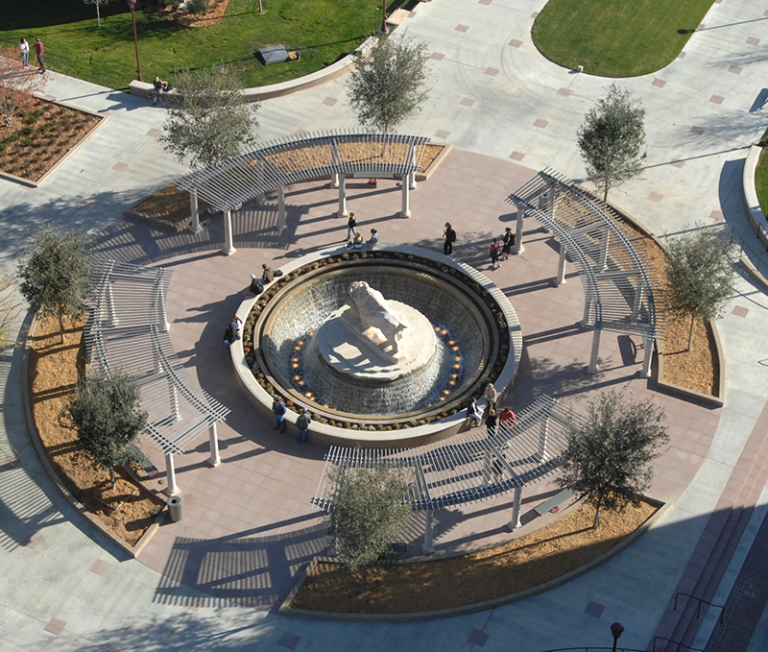Fourth in the IMTE series
My reflection on October 6, “I’m Mad, too, Eddie,” (IMTE) suggested that university leadership appears to react slowly or not at all to athletics problems.
The nearly 400,000 students that participate in intercollegiate athletics programs gain an educational benefit from competitive sports but it is small potatoes compared to the corporate gains embedded in broadcast rights. Most sports generate little or no cash flow. Big dollar programs exist in a fraction of the nation’s colleges but draw the preponderance of attention. Tens of millions of viewers watch championship football games that TV networks pay billions of dollars to broadcast. CBS paid $6 billion to broadcast men’s basketball “March Madness” for the decade beginning in 2003. How much CBS profited makes the University of Phoenix yield from shady student loans look like a trip to the hot dog stand.
Evidence suggests that intercollegiate athletics favors majority programs at the expense of Historically Black Colleges and Universities (HBCU’s). Typically HBCU’s receive a disproportionately large number of sanctions as compared to the majority institutions that are home to the nation’s most powerful athletics programs in “moneyball” sports, football and men’s basketball. In the Southern Association of Colleges and Schools (SACS) 13% are HBCU’s yet they accumulate 25% of the NCAA sanctions.
The facilities required in showcasing the extravaganzas, and looking good on national television, are increasing in costs beyond anyone’s wildest dreams. U.C. Berkeley invested $400 million dollars to rebuild its stadium, locker rooms and workout facilities for the football team. Graduation rates for the football program are nearly the worst in the nation for like programs. Fortunately, clear heads prevail in many aspects of academic life at Cal. The library at Berkeley was ranked number 1 in 2008 by the Association of Research Libraries, Cal counts 29 Nobel laureates as alumni, and Golden Bears are CEOs or founders at Apple, Google, and many other nationally and internationally known enterprises. But football players don’t graduate, season tickets cost too much, and while they are currently experiencing a pretty good season, who knows what the future holds with the $64,000 question unanswered: Is it worth $400 million? Berkeley maybe, but not at “State U” 2.0.
The Berkeley story could just be poor judgment on the part of football players who signed up for an education or leadership that believes a coliseum will add something of long-lasting value to an academic enterprise — no harm, no foul. The real question is what happens when dishonesty overpowers good sense? As universities drop the ball, local governments are picking up the fumbles. The Boston City Council has proposed an ordinance to address the safety of athletes in competition, the NCAA seems unmotivated to address the issue, and the schools too frequently fret over won-loss records. Maybe, “fools rush in where angels fear to tread.” The National Labor Relations Board and potentially profitable College Athletes Players Association are ready to “…win one for the Gipper.”
History shows that some university leaders fear nothing at all. Robert Maynard Hutchins shut down the University of Chicago football team in 1939, a powerhouse and home to the first Heisman Trophy winner in 1935, prophetically declaring football was “an “infernal nuisance’’ unsuited to an elite academic institution.” The end of the 1960’s brought a thoughtful return to intercollegiate football at Chicago in Division III where the game is a game played by and for students.
Big bucks are not the bottom of the barrel though. That depth is not reached until players engage in criminal activity and investigation is slowed to a snail’s pace or non-existent. Universities can suspend players for any non-discriminatory reason and should when a player is charged with criminal activity until the player is cleared. Won loss records “be damned.” Cost to the player’s career? Who cares? Playing on an intercollegiate athletics team is a privilege — not property rights’ earned with a 4.40 forty — given to university students to represent their institutions on the field of competition in return for scholarship support in some cases.
The New York Times suggested last week that, “At Florida, Football Clouds Justice.” Too many incidents, and too much head turning regarding reported criminal activity. The Times may be right on this one.
The Hillsdale College leadership exhibited academic leadership in suspending 10 players for an honor code violation, as soon as it surfaced, and the infractions were not even reported to be criminal.
At the University of Kentucky four players were benched for an incident with an airsoft pellet gun.
Three East Carolina University freshman football players were arrested for firing BB guns into a crowd of people.
In some cases improper actions of student athletes are met with swift and legitimate action. In others, so prolonged and indecisive is the response, questions regarding integrity sometimes shout, but too often relentlessly whisper in boardrooms and living rooms.
Universities large and small, public and private, give away credibility as learning institutions through student athletes and athletics programs that seemingly operate without bounds and in-your-face entitlement. Where are elected officials, boards and leaders? Where is the honor of the school? Where is the code of justice among teammates? Where is the satisfaction of participation? Where are the alumni who tolerate, and in so doing condone, for a split second actions that demean and undermine a legitimate aspect of university life, and the institution from which they hold a degree? Have all given over the decision-making to corporations and courthouses?
Where is the Ringmaster at this circus?





Next year will be the 90th anniversary of Harold Lloyd’s THE FRESHMAN which contains the very relevant title – “A sports stadium that just happened to have a university next to it.” Available on DVD in Morris Library.
Dr. Wendler: Recent events detailed by the Chronicle of Higher Education about academic fraud at the University of North Carolina involving its sports programs seem to dovetail with your column on this topic. Go here for more details: https://chronicle.com/article/Widespread-Nature-of-Chapel/149603/